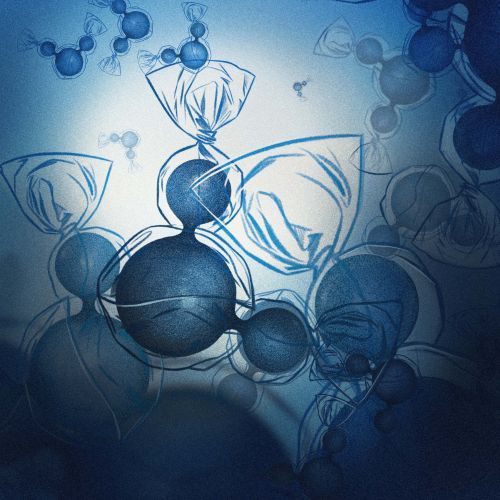“Kidneys of Calcutta” and wetlands in the world
The Freshwater Challenge is the largest-ever project led by Colombia, the Democratic Republic of Congo, Ecuador, Gabon, Mexico and Zambia to restore the health of degraded rivers, lakes and wetlands that play a vital role in the fight against worsening water, climate and nature crisis. 300,000 km of rivers and 350 million hectares of wetlands will be restored to their original state before 2030. The initiative is even more important because the population of freshwater species has declined by 83% since 1970, and ⅓ of the world’s wetlands have disappeared over the last 50 years.
“Kidneys of Calcutta” is the name of the wetlands on the outskirts of this Indian city. They provide food and workplaces, filter sewage, lower air temperature and provide flood protection. Every day, 910 million litres of nutrient-rich sewage flows there, feeding a network of approximately 250 ponds covered with hyacinths. Fish farms there use the developing plankton to feed rapidly growing carp and tilapia. Later, the flowing water irrigates the surrounding rice fields, and the remaining organic waste fertilises the vegetable fields. According to a 2017 study by the University of Calcutta, the wetlands system processes approximately 60% of Kolkata’s sewage free of charge, saving the city over $64 million annually. Farms in wetlands provide approximately 150 tons of vegetables per day and 10,500 tons of fish per year, employing tens of thousands of people. However, the ecosystem is threatened by rapid urbanisation, pollution and land grabbing.























